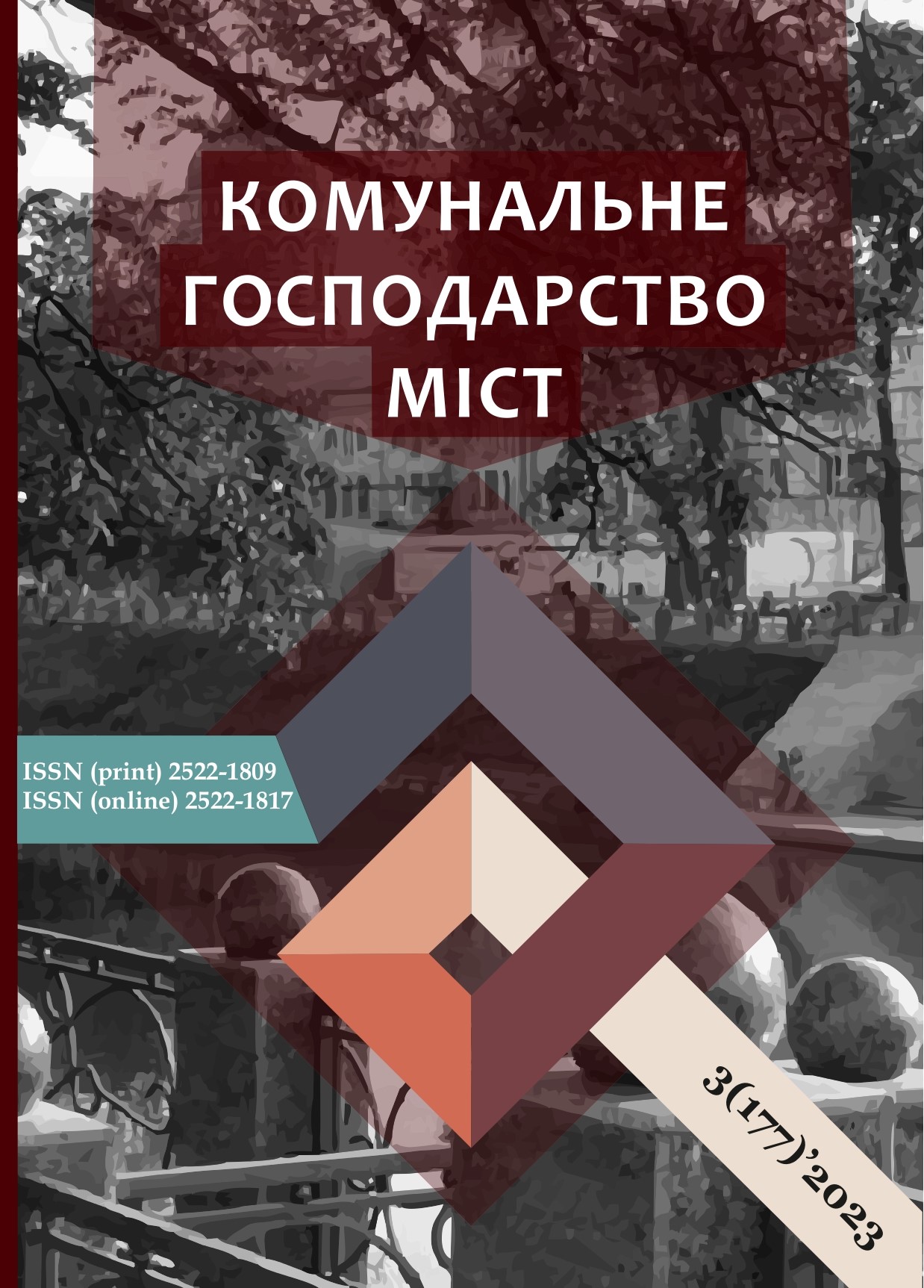ERGONOMICS 4.0: DIGITALIZATION PROBLEMS AND OVERCOMING THEM
DOI:
https://doi.org/10.33042/2522-1809-2023-3-177-182-188Keywords:
ergonomics 4.0, digitalization, operator, digital environment, digital ecosystem, ergonomic thinkingAbstract
The article aims to research the impact of digitalization on operator activity. The main concepts and components of the digital environment are considered. The research directions of human-machine interaction in the digital environment are analysed. The problems of digitalization and their impact on the safety and efficiency of the operator's activities are studied. The “Ergonomics 4.0” conception, which combines existing ergonomic trends in the study of the digital environment, creates a single conceptual apparatus and is the basis for developing practical methods for increasing the safety and efficiency of human-machine interaction in the digital environment.
References
Caterino, M., Rinaldi, M., FeraM. (2023). Digital ergonomics: an evaluation framework for the ergonomic risk assessment of heterogeneous workers. International Journal of Computer Integrated Manufacturing, 36(2), 239-259. https://doi.org/10.1080/0951192X.2022.2090023
Franssilaa, H., Okkonena, J., Savolainena R. (2016). Developing measures for information ergonomics in knowledge work. Ergonomics, 59(3), 435-448. DOI: 10.1080/00140139.2015.1073795
Mygal, G. V., Protasenko, O. F. (2018). New concepts of modern ergonomics. Open information and computer integrated technologies, no. 79, 162-171.
Protasenko, O. F., Mygal, G. V. (2021). Human factors: the problem of man-machine interaction under the digitalization conditions. Scientific journal of Polonia University, № 48 (5), 198-210. DOI: https://doi.org/10.23856/4825
Parasuraman, R., Mehta, R. (2013). Neuroergonomics: a review of applications to physical and cognitive work. Frontiers in Human Neuroscience, no. 7, 889. doi: 10.3389/fnhum.2013.00889
Work 4.0. Retrieved from: https://en.wikipedia.org/wiki/Work_4.0
Mygal, G., Protasenko, O., Kobrina, N., Mykhailova E. (2023). Ergonomic thinking in the design of human-machine systems. Bulletin of the National Technical University “KhPI”, no. 1(15), 42-52. doi: 10.20998/2413-4295.2023.01.06
Kolot, A., Herasymenko, O. (2020). Labor 4.0 concept: theoretical-applicable principles of formation and development. Ekon. Prognozuvannâ, no 1, 7-31. https://doi.org/10.15407/eip2020.01.007
Kraus, К., Kraus, N., Holubka, S. (2022). Establishment of work 4.0 in the conditions of digitalization and the application of artificial intelligence. European scientific journal of Economic and Financial innovation, no 2(10), 19-31. DOI: 10.32750/2022-0202
Schlund, S., Kamusella, C., Knott, V. (2022). Digital ergonomics and digital work planning in university education: experiences from Germany and Austria. Zeitschrift für Arbeitswissenschaft, 76, 510-524. DOI: 10.1007/s41449-022-00333-7
Digital Ergonomics. Retrieved from: http://surl.li/ghspt
What are Computer Ergonomics? Retrieved from: http://surl.li/ghsqa
Franssila, H., Okkonen, J., Savolainen, R. (2015). Developing measures for information ergonomics in knowledge work. Ergonomics, 59(3), 435-448. DOI: 10.1080/00140139.2015.1073795
Horda, O. V. (2020). Erhonomika informatsiinykh tekhnolohii: konspekt lektsii. Kyiv : KNUBA, 83с.
Kulesz, O. (2017). Culture in the Digital Environment. The United Nations Educational, Scientific and Cultural Organization, 64 p.
Protasenko, O. F., Ivashura, A. A. (2022). Effectiveness and safety of students’ work with digital learning ecosystem. Scientific Journal of Polonia University, no 51(2), 337-349. DOI: https://doi.org/10.23856/5140
Yatskevych, I. V., Krasnostanova, N. E. (2021). Digital technologies in business. Economic theory, no 1 (73), 38-44. https://doi.org/10.33271/ebdut/73.038
Kulynych, M. (2019). Digital transformation of domestic enterprises in current conditions. Economics, Management and Administration, (3(89), 8–15. DOI: https://doi.org/10.26642/ema-2019-3(89)-8-15
Protasenko, O., Mygal, G. (2021). Human Factors: The Problem of Man-machine Interaction in the Digitalization. Scientific Journal of Polonia University, no 48(5), 198-210. DOI: https://doi.org/10.23856/4825
Hobfoll, S., Stevensa, N., Zalta, A. (2015). Expanding the Science of Resilience: Conserving Resources in the Aid of Adaptation. Psychological Inquiry., no 26, 174-180. doi: 10.1080/1047840X.2015.1002377
Holmgreen, L., Tirone, V., Gerhart, J., Hobfoll, S. (2017). Conservation of resources theory. The handbook of stress and
health: а guide to research and practice, 2 (7), 443-457. DOI: 10.1002/9781118993811.ch27
Xanthopoulou, D., Bakker, A.B., Demerouti, E., Schaufeli, W.B. (2017). The Role of Personal Resources in the Job Demands-Resources Model. International Journal of Stress
Management, 14 (2), 121-141. DOI: 10.1037/1072-5245.14.2.121
Mygal, G., Protasenko, O. (2020). Human resources are a factor in applying of man-machine systems safety. Municipal Economy of Cities., 6(159), 39-146. DOI: 10.33042/2522-1809-2020-6-159-139-146
Downloads
Published
How to Cite
Issue
Section
License
The authors who publish in this collection agree with the following terms:
• The authors reserve the right to authorship of their work and give the magazine the right to first publish this work under the terms of license CC BY-NC-ND 4.0 (with the Designation of Authorship - Non-Commercial - Without Derivatives 4.0 International), which allows others to freely distribute the published work with a mandatory reference to the authors of the original work and the first publication of the work in this magazine.
• Authors have the right to make independent extra-exclusive work agreements in the form in which they were published by this magazine (for example, posting work in an electronic repository of an institution or publishing as part of a monograph), provided that the link to the first publication of the work in this journal is maintained. .
• Journal policy allows and encourages the publication of manuscripts on the Internet (for example, in institutions' repositories or on personal websites), both before the publication of this manuscript and during its editorial work, as it contributes to the emergence of productive scientific discussion and positively affects the efficiency and dynamics of the citation of the published work (see The Effect of Open Access).

